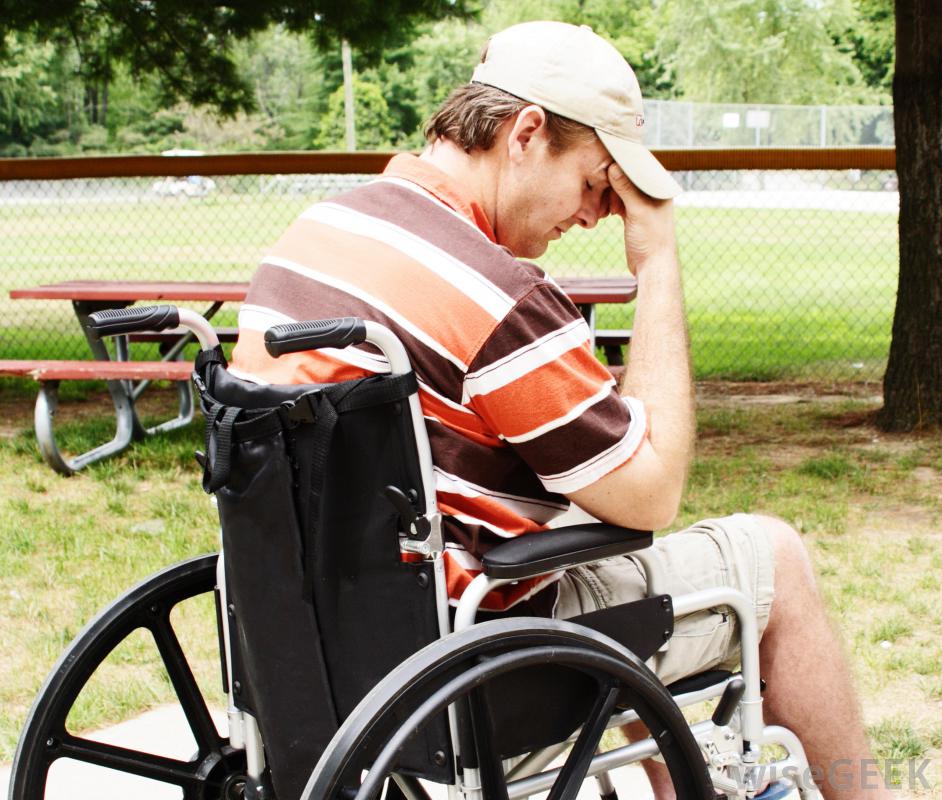
Filing a Successful Workers’ Comp Claim to Cover Workplace Depression
You feel empty and lifeless, lacking a desire to simply get out of bed in the morning and struggling to find elements of enjoyment in life.
While everyone experiences their share of up and downs, depression represents a serious illness. One of the most common mental disorders, it can wreak havoc on your life and make maintaining a job nearly impossible.
As the healthcare industry has evolved to better recognize depression as a legitimate disease, so too has the legal field. Whereas in the past it may have only been possible to obtain workers’ compensation for physical injuries, nowadays depression represents a viable reason to seek benefits.
Workers comp is designed to cover work-related injuries, whether physical or mental in nature. If you suffer from severe depression, it may be that your employment served as the catalyst for your mental anguish, though establishing proof can be more difficult than with a physical injury.
Depression can surface as a delayed reaction to the occurrence of a workplace injury. It’s not uncommon for an injured worker to develop depression in the weeks, months or years following an on-the-job accident. In the event of this gradual onset of depression, you should consult your doctor for your mental health well-being and contact an experienced attorney from Taubman Law to represent you.
Chronic depression arising from a workplace injury can severely hinder a worker’s ability to resume gainful employment. In this circumstance, it’s reasonable for the depression sufferer to pursue continued worker’s comp coverage even after the original physical injury has fully healed.
When a workplace injury does not exist, the burden of proof typically becomes more challenging to overcome for linking depression to employment. Most states, including Ohio, require both medical and legal causation, meaning both a doctor and a court of law must confirm that work events caused the depression.
A traumatic or uniquely stressful workplace occurrence — such as serving as a store clerk during a robbery or witnessing a gruesome work-related injury — also represent strong considerations in attempting to obtain depression-induced workers comp benefits.
At Taubman Law we recognize that mental illness forces many families to endures hardships. When your employment contributed to your depression, it’s our duty to ensure you receive the workers comp coverage you rightfully deserve.
—
This post was written by Cleveland attorney Bruce D. Taubman, who practices workers’ compensation, personal injury and medical malpractice throughout Ohio.




